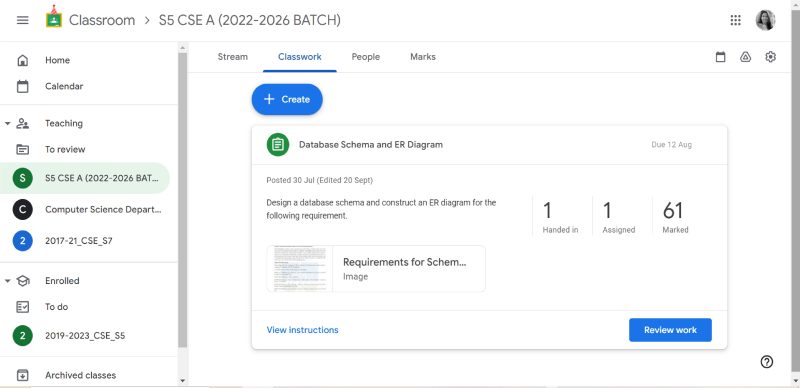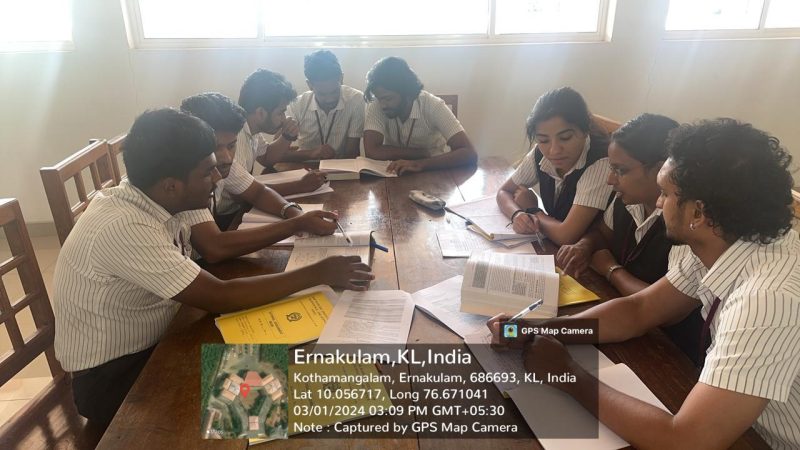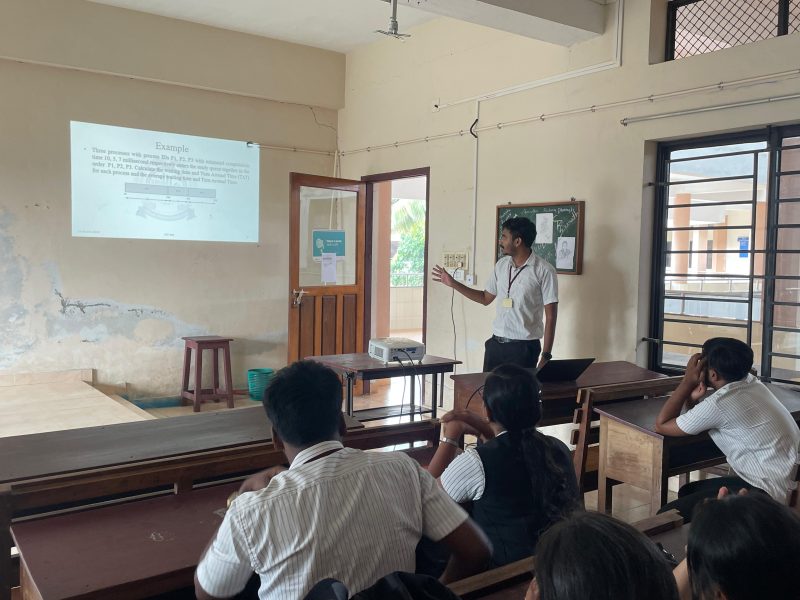Amid the rapidly evolving landscape of education, traditional teaching methods are being replaced by innovative approaches that leverage technology, experiential learning, and dynamic pedagogical strategies. This shift reflects a commitment to equipping students with essential 21st-century skills, emphasizing adaptability, critical thinking, and collaboration. Educators employ a variety of pedagogical methods to engage students effectively, ensuring they are well-prepared for future challenges.
Jigsaw:
The Jigsaw Method is used in educational settings to divide a topic into segments, with each student becoming an "expert" on one segment and teaching it to their peers. This approach enhances engagement, encourages collaboration, and deepens understanding of the subject matter through interactive group activities.
Flipped Classroom Model:
The flipped classroom model reverses traditional teaching by having students engage with instructional content, like video lectures, outside of class. This allows class time to focus on interactive discussions, problem-solving, and hands-on activities, fostering deeper understanding and practical application of concepts. By promoting self-paced learning and personalized instruction, this approach enhances student engagement and critical thinking in subjects such as Java, Python, and machine learning.
Mind mapping:
In the Life Skills class, we employed mind mapping to leverage visual thinking and enhance understanding beyond traditional methods. This technique encouraged students to visually organize concepts and relationships, promoting creativity and critical thinking. By facilitating nonlinear exploration of ideas, mind mapping fostered holistic understanding and adaptability in approaching complex topics.
Brain Storming:
Brainstorming is utilized in our teaching approach to foster creativity and collaborative problem-solving skills among students. Through structured group activities, students engage in generating and sharing ideas, enhancing their communication abilities and strategic thinking. This interactive methodology cultivates essential competencies for navigating today's interconnected world, promoting both personal and professional success.
Peer learning:
Peer learning is implemented to create an interactive classroom environment where students collaborate and support each other's understanding. Through seminars on subjects like Embedded Systems and Object-Oriented Programming, students present and discuss assigned topics, fostering deeper comprehension and knowledge exchange. This approach not only enhances academic performance but also cultivates communication skills and collaborative learning strategies among students.
Inquiry Based Learning:
Inquiry-based learning empowers students to explore and construct their understanding through questioning and research, guided by teachers acting as facilitators. Formative assessments like quizzes and peer evaluations in subjects such as data structures provide feedback that encourages self-directed inquiry and reflection. This approach aims to cultivate lifelong learning habits, critical thinking skills, and a proactive approach to education.
Project-Based Learning (PBL):
Project-based learning immerses students in interdisciplinary projects that cultivate critical thinking, problem-solving, and collaboration skills. By aligning projects with curriculum subjects, students gain practical experience and deepen their understanding of theoretical concepts. This approach equips students with essential skills for professional success, including critical thinking, effective communication, and teamwork, preparing them for future challenges.
Blended Learning:
Blended learning integrates face-to-face instruction with online components, providing flexibility and accessibility for students. The Full Stack Web development workshop organized by the CSE Association combined in-person teaching with online resources, offering participants hands-on guidance and self-paced learning opportunities. This approach enabled students to enhance their understanding of web development, acquire practical skills, and engage with industry tools, fostering a personalized and enriched learning experience.
ICT Enabled Teaching:
ICT-enabled classes utilize LCD projectors and a variety of digital resources like PowerPoint presentations, videos, and online platforms such as NPTEL to enhance classroom instruction. Students benefit from a digital library stocked with scholarly resources and video lectures, fostering independent study and research skills. Faculty promote collaboration and real-world application through community websites like GitHub, supporting student projects and preparing them for contemporary challenges.











































































































